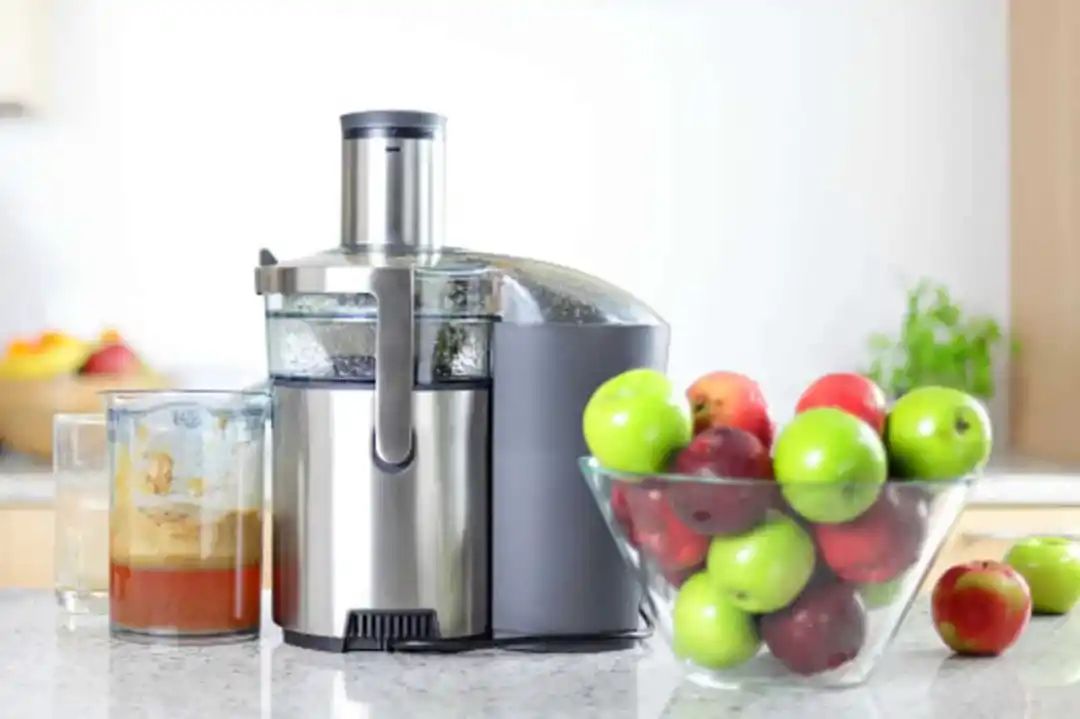
As people’s understanding of health and fitness increases, they are gradually making positive changes. But to eat or drink healthily, hours in the kitchen are required to prepare everything.
These culinary tools are useful because it’s hard to spend hours on something in the fast-paced world of today. One such indispensable tool is a juicer, which may save hours of labour in just two to three minutes. Here are some tips to help you choose the best juicer if you’re seeking to buy one.
The Feeder Size
Whichever of leafy greens, fruits, or vegetables you intend to juice depends on the size of the feeder. When buying a juicer for your home, make sure the feeding tube is big enough to fit whole fruits or substantial amounts of greens. If you have a small feeding tube, you will have to cut the fruits and vegetables and then juice them in batches, which is a time-consuming process. Juicing takes less time with wide feeds.
Leftover Pulp Outlet
Another crucial consideration when purchasing a juicer is a better pulp ejection system. The juicing process produces pulp, skin, and roughage. Some juicers gather the roughage within the juicer, which can be difficult to clean. If you require a juicer that can produce big amounts of juice without stopping, look for one with an external leftover/pulp collection.
Motor Power
Although few people take motor power into account when buying a juicer, stronger juicers can help break down the fibres of tough fruits and vegetables. Around 700 watts of motor power are needed to juice full fruits and vegetables in the smallest amount of time.
Container Volume
Sometimes the juice pours out because the container’s volume is insufficient. Always select a juicer that is designed to fit the spout to prevent this. Verify whether a juice container is included with the juicer. When buying, keep in mind its intended usage, although buying a juicer without a container might make the procedure cumbersome and untidy.
Speed
Traditional juicers don’t differ much in terms of speed. So keep the speed in mind when choosing a juicer. A great juicer has a number of speed options. For instance, slow-speed juicing works well for mushy and soft fruits, but the juicer will leave chunks for tough or crunchy fruits. For veggies like cucumbers, beets, and carrots, to mention a few, multiple, fast juicers are great.






